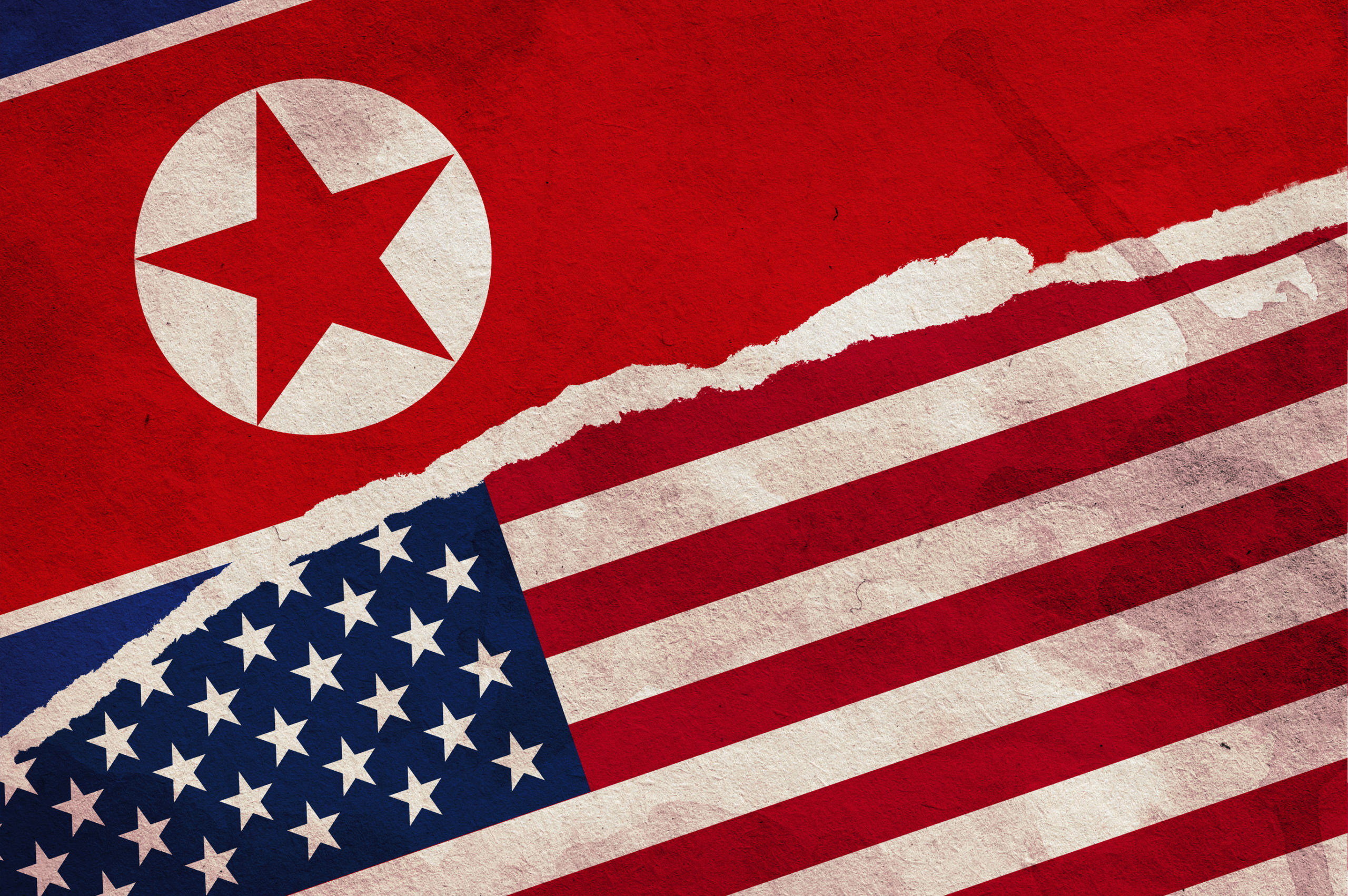By Richard Weitz
North Korea’s nuclear and missile programs will present major challenges to whoever is elected president this year. Even President Trump would find it difficult to resume his high-level diplomacy with Pyongyang.
Not only has the so-called Democratic People’s Republic of Korea (DPRK) made substantial progress in developing and testing a diverse and growing portfolio of ballistic and cruise missiles, but the international sanctions regime laboriously erected to constrain this threat is disintegrating.
Most recently, Russia, with Beijing’s support, killed the Panel of Experts (PoE) responsible for monitoring UN Security Council sanctions on North Korea.
After North Korea conducted a second nuclear weapons test in May 2009, the UN Security Council (UNSC) enacted Resolution 1874, which established the PoE pursuant to UNSC Resolution 1718 (2006).
The UNSC members subsequently renewed the panel more than a dozen times, while adopting a comparable number of resolutions condemning and sanctioning North Korea’s missile and nuclear activities.
Twice a year, the panel submitted reports to the UN 1718 Committee on the effectiveness of the sanctions.
At the symbolic level, the PoE represented a public consensus among the great powers that North Korea should not acquire nuclear-armed missiles.
At the operational level, the panel’s regular reports, submitted to the UN committee but accessible to the public, provided insights regarding the effectiveness of measures to constrain the North’s illegal missile and nuclear programs.
Though the PoE lacked enforcement powers, its reports contributed to UNSC compliance actions regarding North Korea.
The panel’s activities made it harder for the DPRK and its potential partners to pursue sanctionable transactions through fear of exposure.
By publicizing recommendations and sharing good practices, moreover, the PoE helped government bodies, private actors, and other entities comply with the sanctions.
However, on March 28, Moscow vetoed the body’s extension.
Russia’s UN Ambassador, Vasily Nebenzya termed the UN sanctions cruel, counterproductive, and unending. He castigated the panel as allegedly biased toward Western views.
The Ambassador said Moscow would propose to restructure the sanctions with mandatory sunset provisions to give Pyongyang a greater incentive to cooperate.
Moscow’s move was not a surprise. In recent years, Russia’s enforcement of sanctions on DPRK activities has waned further.
Russia’s UN delegation has also declined to adopt new or revised sanctions and pushed to curtail the panel’s budget and activities.
Through its veto, Russia pleased the North Korean regime and helped obscure growing Russian-DPRK military cooperation, which has included the North’s transfer of artillery shells, missiles, and other ammunition to the Russian military. UNSC sanctions, enacted earlier with Russian support, ban DPRK weapons sales.
The panel’s last report, released on March 7, provided evidence that Russia had also provided considerably more oil to North Korea than allowed by UNSC Resolution 2397.
Furthermore, there is evidence that Russian as well as Chinese banks are supporting DRPK high-tech purchases, laundering of stolen funds, and other transactions prohibited by Security Council resolutions.
This circumvention has become increasingly serious as the scope of DPRK cyber theft, now focused on cryptocurrency, and covert ship-to-ship transfers have grown to yield Pyongyang billions of dollars annually.
Despite Western concessions designed to appeal to Beijing, the PRC delegate abstained on the UNSC vote to renew the panel. China also backed Russian demands to require regular renewal of the UNSC sanctions on North Korea.
Hwang Joon-kook, the South Korean ambassador to the United Nations, termed Moscow’s killing of the PoE as “almost comparable to destroying a [surveillance camera] to avoid being caught red-handed.”
Though the UN sanctions remain, Moscow and Beijing will likely continue to refuse to update or fully comply with them. Great power rivalries have neutered the UN Security Council’s enforcement capabilities on this and other questions.
Western governments and NGOs should continue to generate open-source information about North Korea’s missile and nuclear-related activities, including sanctions circumvention, to share with the Security Council and other recipients.
The United States can also tighten sanctions compliance with its closest allies, especially with South Korea. G7 members, and other partners confronting DPRK cyber espionage and other sanctions-busting operations.
This month, the United States, Japan and South Korea expanded sanctions on Russian and DPRK entities facilitating Russian-DPRK military cooperation. The upcoming G7 and NATO meetings should take similar actions.
Credit Graphic: Photo 91178429 | North Korea © Maticsandra | Dreamstime.com


